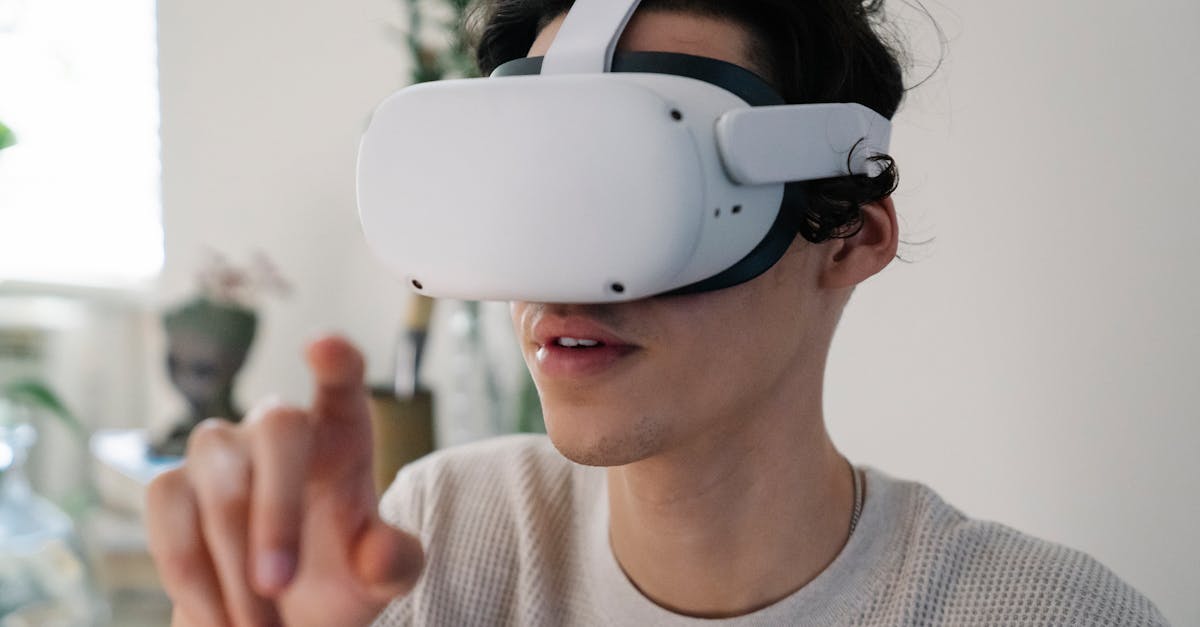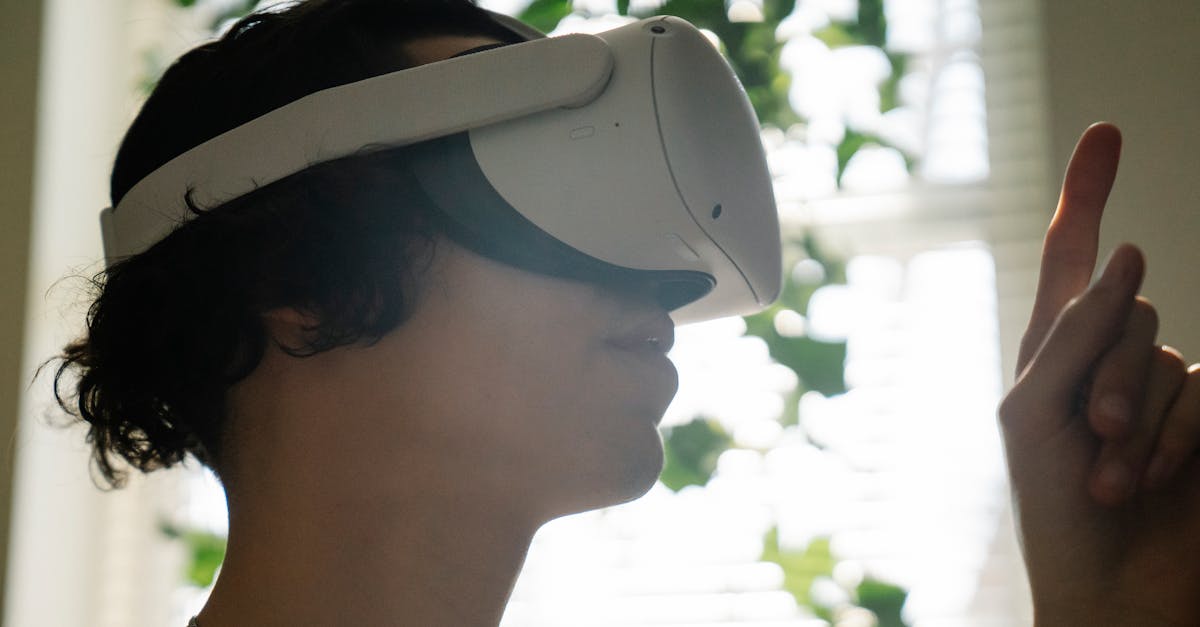Exploring ARs Potential Beyond Gaming
Introduction
Augmented Reality (AR) technology has predominantly been associated with gaming, offering immersive experiences to users. However, its potential extends far beyond gaming, holding transformative possibilities for various industries. As the tech industry continues to explore AR innovations, the future of AR promises unprecedented applications.
Advertisement
AR in Education: A New Way to Learn
AR technology is revolutionizing the educational landscape by providing interactive and immersive learning experiences. Students can explore 3D models of complex concepts, making learning more engaging and memorable. This capability enhances comprehension and retention, preparing students for future tech trends in education.

Advertisement
Transforming Healthcare with AR
Healthcare professionals are increasingly turning to AR applications to improve patient outcomes and training. Surgeons can visualize vital information during procedures, enhancing precision and safety. Additionally, AR-powered simulations offer realistic practice environments for medical students, fostering confidence and expertise.
Advertisement
Enhancing Retail Experiences
Retailers are integrating AR technology to reshape the customer shopping experience. Virtual try-ons for clothing and makeup allow customers to visualize products before purchasing. This immersive tech not only elevates customer satisfaction but also reduces return rates, proving beneficial for both consumers and retailers.

Advertisement
Revolutionizing Real Estate Industry
In real estate, AR innovations are transforming property viewing experiences. Prospective buyers can take virtual tours of homes, visualize interior designs, and even make changes in real-time. This shift allows more efficient and less intrusive property assessments, facilitating faster decision-making.

Advertisement
AR in Manufacturing and Design
Manufacturing industries are utilizing AR for efficient design processes and error reduction. Workers can access interactive instructions overlaid on machinery, ensuring accuracy and efficiency in production. Such AR applications lead to reduced training times and optimized operational efficiency, heralding a new era in manufacturing.

Advertisement
Augmented Reality in Entertainment
Beyond gaming, AR technology is creating immersive entertainment experiences in theatrical productions and live events. Audiences engage with content in revolutionary ways, blurring the lines between the digital and physical worlds. This offers diverse creative opportunities and enhances audience engagement.

Advertisement
Augmented Reality and Virtual Reality Collaboration
AR and Virtual Reality (VR) are increasingly being used together, offering hybrid experiences that leverage the strengths of both technologies. This collaboration fosters new possibilities across industries, from realistic training modules in vocational sectors to interactive storytelling in entertainment.

Advertisement
Challenges in AR Development
Despite its promising future, AR development faces several challenges, including technical limitations and concerns over data privacy. Developers must innovate to overcome hardware constraints while ensuring user privacy and security. Addressing these challenges is pivotal for AR's successful future integration across industries.
Advertisement
Conclusion
In conclusion, the future of AR technology holds potential far beyond the gaming sector, with transformative implications for education, healthcare, retail, and more. As AR applications expand, continued innovation and responsible development are essential for realizing its full potential. Embracing immersive tech will undoubtedly shape how industries evolve in the coming years.

Advertisement


